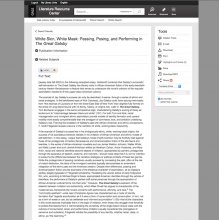 Noted Russian poet and author once said, “Literature is the art of discovering something extraordinary about ordinary people, and saying with ordinary words something extraordinary.”
Noted Russian poet and author once said, “Literature is the art of discovering something extraordinary about ordinary people, and saying with ordinary words something extraordinary.”
Literature opens doors to understanding ideas, people, and cultures. Extraordinary tools enable greater understanding and expand opportunity for discovery. And now, with upcoming enhancements, three landmark Gale literature resources will provide a more welcoming and accessible experience for literature researchers at all levels.
The resources undergoing transformation include:
- — offering up-to-date biographical information, overviews, full-text literary criticism, and reviews on more than 130, 000 writers in all disciplines, from all time periods and from around the world.
- LitFinder and — containing more than 140, 000 full-text poems, 840, 000 poem citations and excerpts, 7, 100 full-text short stories and novels, 3, 800 full-text essays published in the 16th to 20th centuries, 2, 400 full-text speeches, and 1, 250 full-text plays.
- Modern Language Association International Bibliography — providing searchable access to more than 2.5 million bibliographic citations to journal articles, books, dissertations, and scholarly websites from 1926 to the present in academic disciplines such as language, literature, folklore, linguistics, literary theory and criticism, and the dramatic arts.
All three resources are getting a new look, available as soon as August 7. Beginning on that date, a preview link will be placed prominently on banners within the resources.
The modern design and toolset provide a user experience optimized for all screen sizes through responsive design. Other improvements include:
- Topic Finder, which helps researchers make visual relationships between concepts and terms (Literature Resource Center and LitFinder)
- Compliance with Web Content Accessibility Guidelines 2.0 to make information available to people with disabilities, including those with blindness or low vision.
- The most popular user tools are now featured in the top header. All other features can be found behind a familiar three-bar “more” button and ranked in order of popularity.
- Popular icons that used across the web and in mobile apps are featured to make it easy for researchers to quickly identify and understand the use of each tool.
Source: blog.gale.com
You might also like:
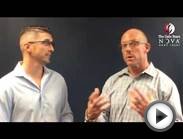
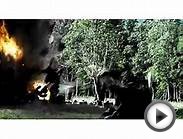
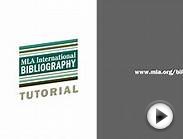
Related posts:


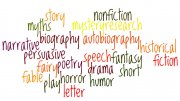
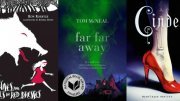


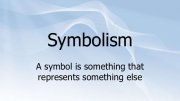
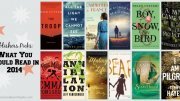
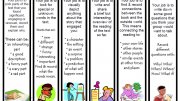
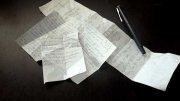














You would call them a Forensic Scientist.